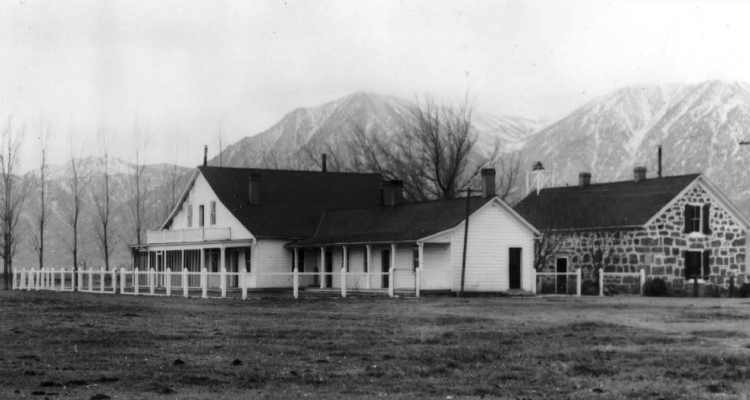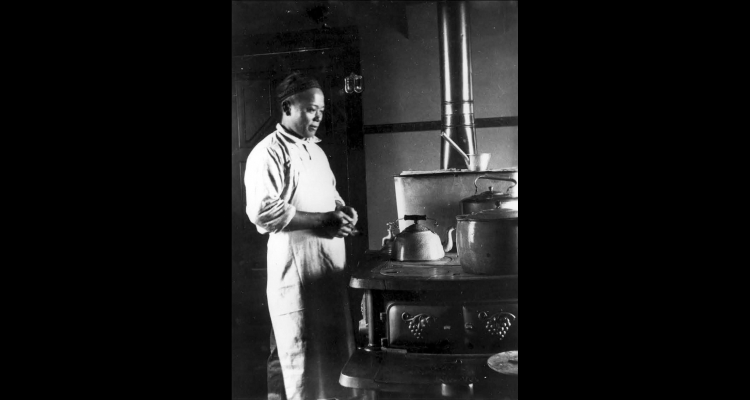Ruth D. Achard and Margaret D. McDonald: An Oral History
Ruth D. Achard and Margaret D. McDonald: A Contribution to a Survey of Life in Carson Valley from First Settlement through the 1950s
Interviewees: Ruth D. Achard and Margaret D. McDonald
Interviewed: 1984
Published: 1984
Interviewer: R. T. King
UNOHP Catalog #107
Ruth Achard and Margaret McDonald, daughters of H. F. Dangberg, Jr., were born in Carson Valley on the historic Dangberg Home Ranch—Margaret in 1901 and Ruth in 1906—where they have lived most of their lives. In this 1984 interview, the sisters discuss Dangberg family history, life on the Home Ranch in the early part of the century, and changes in the operation of the vast Dangberg ranches over time.
Of particular interest are descriptions of types of household organization and management of family affairs that date to another era and perhaps another place—the Westphalia from which H. F. Dangberg emigrated in 1848. Throughout the interview there are glimpses of western agrarian prosperity and of a graceful way of life held together by a clearly defined division of labor.
Heinrich Friedrich Dangberg established the H. F. Dangberg Land and Livestock Company as a corporation in 1902, with his wife and family as stockholders, thus precluding any fragmentation or sale of family holdings as a consequence of his death. Well into this century, most members of the extended family had a role in advancing the Dangberg fortunes. By the late 1930s deteriorating relationships within the family and a depressed economy for ranchers had led to some decline in the once dominant position of the Dangberg interests in Carson Valley.
The reader will find descriptions of changing ranch technology and references to a number of important Carson Valley figures. Some attention is given to the experiences of Washoe Indians and other ethnic minorities in the valley. Appended to the text is a facsimile reproduction of a statement written by H. F. Dangberg, Jr., in 1939, whose original is in the possession of the sisters, Margaret and Ruth.
This introduction and oral history is reprinted with permission from the University of Nevada Oral History Archive, Special Collections and University Archives, University of Nevada, Reno.
Article Locations
Related Articles
None at this time.
Further Reading
None at this time.


